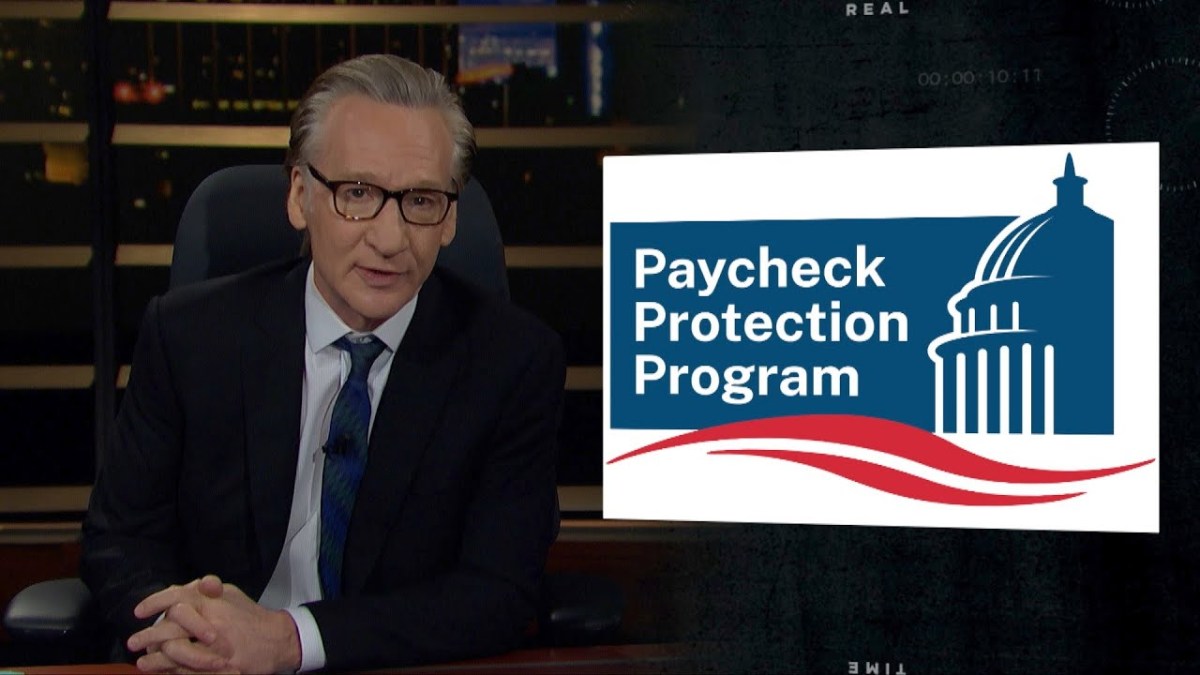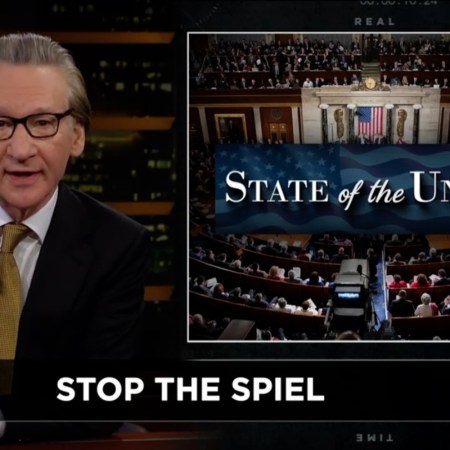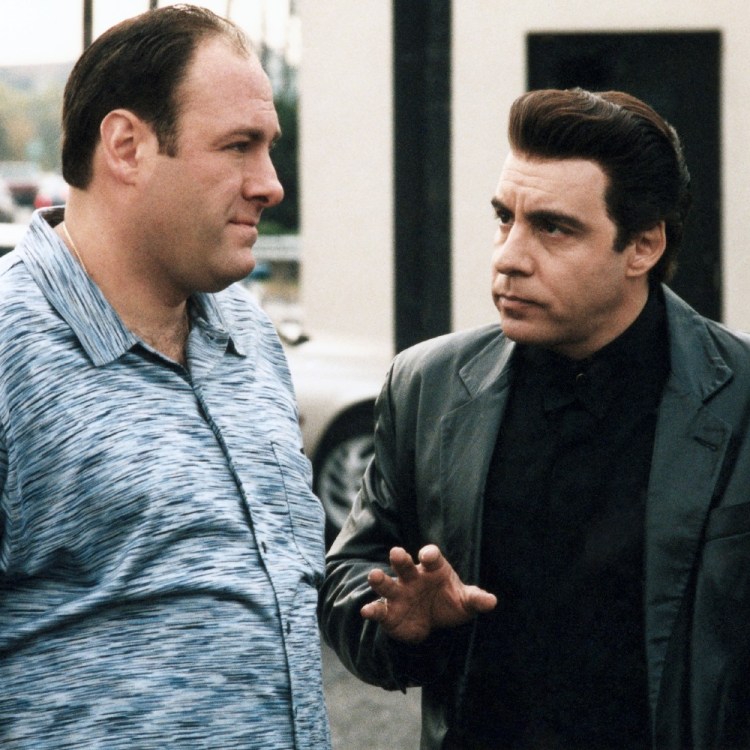The latest episode of Real Time With Bill Maher began with a very Californian piece of news: the return of water restrictions. To the show’s host, that didn’t matter much; “The plants I care about grow mostly indoors,” Maher said. He then asked the audience if anyone was old enough to remember that this weekend was the 30th anniversary of the Los Angeles riots, and segued from there to jokes about Will Smith and Amber Heard. And yes, the topical humor continued, with a joke about Hunter Biden following quickly on from there.
Maher then turned the subject to national politics. “Sometimes you think the Democrats are tanking on purpose to get a better draft pick next year,” he said — though he also had more than a few jokes at the expense of Madison Cawthorn and Matt Gaetz, as one does.
That was followed by a conversation with Fran Lebowitz, continuing the recent run of Maher talking with people with whom he’s had a long professional relationship. She was recently returned from Europe, where she shared observations — from men wearing pants in airports to a heightened level of concern about the situation in Ukraine. One down side? “I’m at the mercy of the airlines,” she said.
That discussion of touring led to the two of them debating the relative merits of Indianapolis. Lebowitz brought up the massive “Hell Is Real” billboard on the road there, which does seem like an alarming thing to see on the road.. Maher asked if Lebowitz felt inspired to write again. “Would you rather be at the Seattle airport for nine hours, or sitting at home writing?” she said — and argued that she’d rather be writing. Her rejoinder to Maher? “Have you ever thought about being a career counselor?” The two had a warm but thorny dynamic, and it showed a side of Maher that doesn’t usually come to the foreground on the show.
CNN host Ali Velshi and former Senator Doug Jones comprised the evening’s panel. There, the first topic was Elon Musk’s purchase of Twitter, and what it might all mean. “Everyone needs to get over the fact that the First Amendment does not apply to Twitter,” Velshi said. For him, Twitter was at the center of a different issue — the responsibility of Twitter (and Facebook) to deliver “a more informed electorate.”
“Russian bots do not have a First Amendment privilege,” Jones added. Maher brought up a few cases of Twitter turning off various accounts, including that of The Babylon Bee. (Though it’s notable that the example that Maher brought up was a satirical video and not the transphobic tweet that the publication in question posted in March.) And this led, more broadly, to a discussion of what should and should not be regulated.
“I’d much rather have Elon Musk making the rules than some 23-year-old,” Maher said. For Velshi, the key here had to do with pluralism. Maher made the case for teaching civics in school again, which Jones agreed with.
From there, they discussed hearings on the events of January 6, 2021, and the effects that they might have on the coming election. Maher was skeptical of the impact they might have. “Where is Merrick Garland?” Maher asked. Velshi spoke of the “more deliberative” approach of the Biden-era Justice Department. For him, what was alarming was the prospect of Republicans taking office who no longer support democracy.
“One party is arguing that cartoon characters are a threat to your children — and they’re beating the other party,” Maher said. “If there’s a recession, plus inflation — that’s Jimmy Carter stuff.” Velshi pointed out that with the situations currently taking place, “There’s no good solution here.” He went on to argue that Republicans were doing well in the polls due to “kitchen table issues” rather than culture-war issues. Jones, similarly, argued that Democrats need to do more to reach out to rural and working-class voters and emphasize what they’ve done to benefit them.
Overtime found the panelists discussing corporations’ positions on political issues, in part in a way to increase employee retention. And, as Velshi pointed out, plenty of corporations have made political donations in the past, so it’s not like political stances are alien to them. Jones concurred, saying that “corporate America should be leaders.”
For the evening’s New Rules, Maher took on a host of subjects and public figures, from Megan Fox to the Easter Bunny to Madison Cawthorn (again). The bulk of the segment focused on improper distribution of COVID relief funds, a significant number of which, Maher argued, had gone to scammers.
When it comes to fiscal awareness, as Maher pointed out, “nobody even pretends to” keep an eye on where government money is going. Parts of the argument felt a bit muddled — Maher criticized outright fraud, but also criticized companies owned by the likes of Tom Brady and Kanye West for getting PPP loans — but it played into his overall theme on the difficulties of making government both efficient and effective. Or, as he phrased it, “the hole-to-bucket ratio” had changed.
Intriguingly, Jones pushed back against aspects of Maher’s arguments on Overtime. It’s understandable why that segment has been placed on YouTube, but it’s also made for some of this season’s most engaging material; their debate certainly fit that bill.
Thanks for reading InsideHook. Sign up for our daily newsletter and be in the know.


















